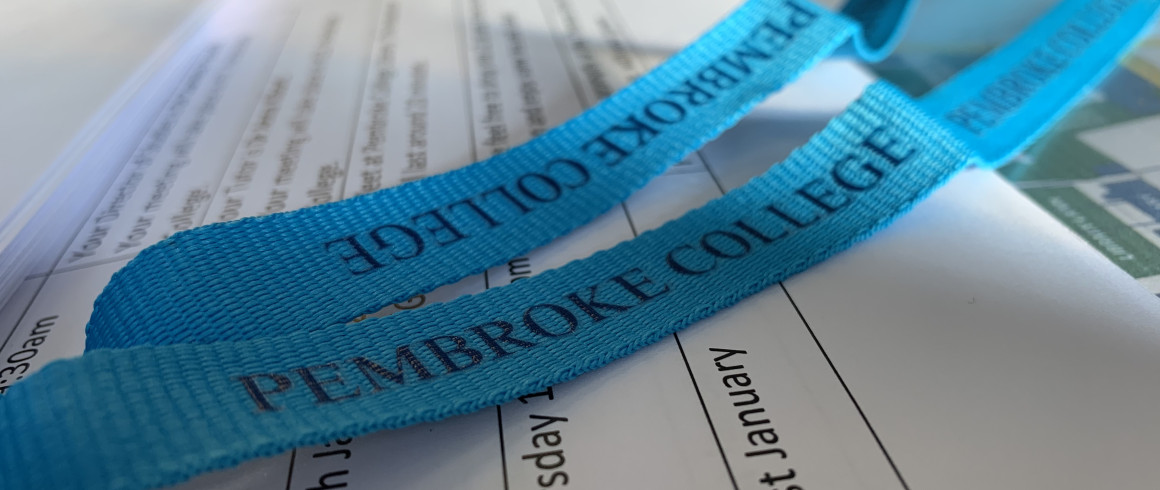Mathematics Workshop: the Art of Discovery
Ms Lili Janzer and Mr Zsombor Fehér
Mathematics is a beautiful and extremely influential science and yet many people think of substituting into intimidating formulas when hearing the word ‘Mathematics’, instead of the beauty of discovery and creative thinking that Mathematics has to offer.
This interactive course revolves around problem-solving and both playing and analysing mathematical games.
Throughout the course, students are given a sequence of carefully selected problems to solve individually. Each student is given ample time to think about the questions — with hints from the instructors as needed - and they receive follow-up problems after each problem solved. Later in the course, the solutions and key learnings are presented by the instructors.
We intend to cover the following topics:
Mathematical Games
- Games solvable by recursive identification of winning and losing states. Multiple different games that are transformable into each other
- Existence proof of winning strategy – without identifying strategy
Graph Theory
- Introduction to graph theory, basic properties of finite undirected graphs. Total degree is even, repeated degree
- Graphs with special/extreme properties (e.g. Petersen graph, bipartite graphs, complete graphs)
- Subgraph containment
- Ramsey theory
Information Theory
- Simple encodings. Binary numbers
- Lossy channels, dropped and corrupted bits. Error detecting and correcting codes
- Hamming distance, efficient encodings, Hamming codes
Invariants
- Impossibility of tiling various spaces (n x n boards with various corners missing) with various shapes
- Proof by contradiction
Course Objectives
Students are tasked to solve a series of carefully selected problems. Through these problem-solving sets, students will discover mathematical techniques and principles for themselves. They will improve in individual thinking and learn how to ask good scientific questions.
Intended Audience
This course is aimed at non-mathematicians with an interest in problem-solving, logical and creative thinking, games and puzzles. However, due to the interactive nature of the course, the level is highly customizable to each student. In the past, both non-mathematicians and mathematicians found it rewarding.
Previous Knowledge
This course has no prerequisite requirements beyond an interest in problem-solving and creative thinking. Students will receive a collection of introductory problems to which they should devote 1-2 hours.
Transferable Knowledge and Skills
Students will develop problem-solving skills as well as inductive and deductive thinking processes. They will learn how to analyse models and theories, evaluate mathematical hypotheses and develop analytical skills that will be valuable in many walks of life.
An understanding of these principles of mathematics will be of great use to anybody interested in the fields of natural sciences, medicine, economics, engineering and technology.
Ms Lili Janzer
Ms Lili Janzer is a Research Engineer in the field of Machine Learning. She completed her BA in Computer Science at the University of Cambridge, and her MSc in Advanced Computer Science at the University of Oxford. She regularly teaches mathematics (and computer science) to students from a variety of backgrounds, using problem-based methods.
Mr Zsombor Fehér
Mr Zsombor Fehér is a PhD candidate in Mathematics at the University of Oxford, specializing in topology with a focus on knot theory. He completed his MASt degree in Mathematics at Trinity College, University of Cambridge. In addition to his theoretical work, he actively incorporates computer code into his research. In his free time, he explores the potential of using video games as an educational medium, and is currently developing a puzzle game designed to guide individuals in making their own discoveries of abstract concepts, including those in knot theory.
